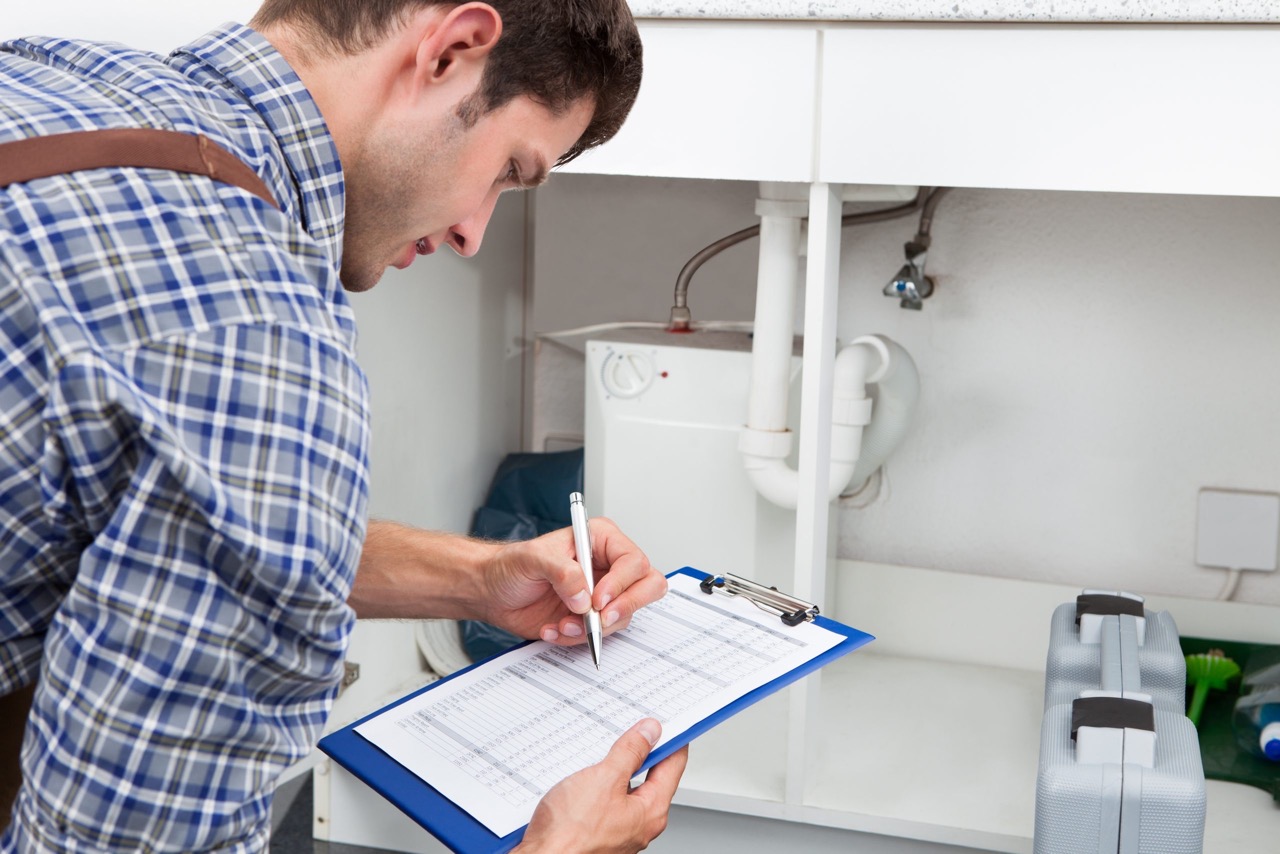

Articles
What Is A Plumbing Maintenance
Modified: February 27, 2024
Looking for informative articles on plumbing maintenance? Explore our comprehensive collection of articles covering all aspects of plumbing maintenance.
(Many of the links in this article redirect to a specific reviewed product. Your purchase of these products through affiliate links helps to generate commission for Storables.com, at no extra cost. Learn more)
Introduction
When it comes to the functionality and longevity of your plumbing system, regular maintenance is key. Plumbing maintenance involves a series of tasks aimed at preventing issues, detecting problems early on, and ensuring the smooth operation of your plumbing system.
Proper plumbing maintenance not only helps you avoid costly repairs but also promotes efficient water usage, reduces the risk of leaks and water damage, and prolongs the lifespan of your plumbing fixtures and appliances. It’s an essential aspect of responsible homeownership and should not be overlooked.
In this article, we will explore the importance of plumbing maintenance, common maintenance tasks, the benefits of regular maintenance, signs that indicate the need for maintenance, and tips for both DIY maintenance and hiring a professional plumber.
So, let’s dive in and learn why plumbing maintenance should be a priority for every homeowner.
Key Takeaways:
- Regular plumbing maintenance is crucial for preventing costly repairs, extending the lifespan of fixtures, and ensuring efficient operation. DIY tasks and professional assistance both play a vital role in maintaining a healthy plumbing system.
- Recognizing signs that indicate the need for plumbing maintenance, such as low water pressure and leaks, can help prevent further damage and costly repairs. Hiring a professional plumber ensures complex issues are addressed effectively and compliant with regulations.
Read more: What Is Jetting In Plumbing
Importance of Plumbing Maintenance
Regular plumbing maintenance is crucial for several reasons. Not only does it prevent small issues from turning into major problems, but it also helps keep your plumbing system running efficiently. Here are the key reasons why plumbing maintenance is of utmost importance:
- Preventative Measure: Plumbing maintenance allows you to identify and fix potential issues before they escalate. By regularly inspecting your plumbing system, you can detect leaks, clogs, and other problems early on, saving you from expensive repairs down the line.
- Financial Savings: Investing in plumbing maintenance can help you save money in the long run. By addressing minor issues promptly, you can prevent major leaks or pipe bursts, which can cause extensive water damage to your property. Water damage can be costly to repair and can lead to mold growth, structural damage, and even health issues.
- Extended Lifespan: Regular maintenance helps extend the lifespan of your plumbing fixtures and appliances. By keeping everything in good working condition, you can avoid premature wear and tear, ensuring that your plumbing system lasts longer.
- Improved Efficiency: Over time, mineral deposits, sediment buildup, and debris can accumulate in your pipes and fixtures, causing reduced water flow and decreased efficiency. By regularly maintaining your plumbing system, you can remove these obstructions and ensure optimal performance.
- Water Conservation: Leaks and inefficient fixtures can waste a significant amount of water. Through regular maintenance, you can detect and repair leaks promptly, saving both water and money on your utility bills. It is an environmentally responsible practice to reduce water wastage.
- Health and Safety: Plumbing issues such as leaks or sewage backups not only damage your property but can also pose health risks. Water leaks can lead to mold growth, which can adversely affect indoor air quality. Regular maintenance helps identify and address these issues, ensuring a safe and healthy living environment.
By prioritizing plumbing maintenance, you can enjoy peace of mind, financial savings, and a efficiently functioning plumbing system. Now that we understand the importance of plumbing maintenance, let’s explore the common tasks involved.
Common Plumbing Maintenance Tasks
Plumbing maintenance involves a variety of tasks that are essential for keeping your system in good condition. While some tasks require professional assistance, there are several maintenance tasks that you can do yourself. Here are some common plumbing maintenance tasks:
- Checking for Leaks: Regularly inspect your faucets, pipes, and fixtures for any signs of leaks. Look for water stains, drips, or puddles and address them immediately.
- Clearing Clogs: Use a plunger or drain cleaner to clear minor clogs in sinks, showers, and toilets. Avoid using chemical drain cleaners frequently, as they can damage your pipes.
- Inspecting Toilet Components: Check the toilet tank for any leaks or running water. Ensure that the toilet flushes properly and that all components, such as the flapper and fill valve, are functioning correctly.
- Drain Maintenance: Regularly flush your drains with hot water and baking soda to remove buildup and prevent clogs. Avoid pouring grease, coffee grounds, and other debris down the drains.
- Inspecting Water Heater: Check your water heater for any signs of leaks, rust, or unusual noises. Flush the tank once a year to remove sediment and improve efficiency.
- Cleaning Aerators and Showerheads: Remove mineral deposits from faucets, aerators, and showerheads by soaking them in vinegar. This improves water flow and prevents clogging.
- Inspecting Exposed Pipes: Inspect any exposed pipes for signs of corrosion, leaks, or damage. If you notice any issues, contact a professional plumber for repairs.
- Testing Water Pressure: Check the water pressure in your home. If it’s too high, install a pressure regulator to prevent damage to your plumbing system.
Remember, if you are unsure about any task or if you encounter a more complex issue, it’s best to contact a professional plumber. They have the expertise and tools to handle any plumbing maintenance or repair tasks effectively.
Regularly performing these maintenance tasks will help keep your plumbing system in optimal condition and minimize the risk of major issues. Now, let’s explore the benefits of regular plumbing maintenance.
Benefits of Regular Plumbing Maintenance
Regular maintenance of your plumbing system offers numerous benefits that go beyond just avoiding costly repairs. Let’s take a closer look at the advantages of prioritizing regular plumbing maintenance:
- Prevents Costly Repairs: By addressing minor issues early on, you can prevent them from turning into major, expensive problems. Regular maintenance helps detect leaks, cracks, and other plumbing issues before they cause severe damage to your property.
- Extends Lifespan: Plumbing fixtures and appliances that receive regular maintenance tend to have a longer lifespan. By keeping them in proper working condition, you can avoid premature breakdowns and the need for frequent replacement.
- Improved Efficiency: A well-maintained plumbing system operates more efficiently, resulting in lower utility bills. Regular maintenance helps identify and fix leaks, clogs, and other factors that can reduce water pressure and increase water consumption.
- Enhanced Water Quality: Regular maintenance includes cleaning and inspecting your plumbing fixtures. This ensures that your water supply remains clean and free from debris, sediment, or any harmful contaminants that may affect your health.
- Reduced Risk of Water Damage: Leaks in pipes or plumbing fixtures can lead to significant water damage and mold growth if left unchecked. Regular maintenance helps identify and fix leaks before they cause extensive damage to your property, saving you from costly repairs and potential health hazards.
- Increased Property Value: Properly maintained plumbing systems add value to your property. Prospective buyers are more likely to be interested in a home that has a well-maintained plumbing system, reducing the risk of potential issues during inspections and negotiations.
- Peace of Mind: Knowing that your plumbing system is regularly maintained gives you peace of mind. You can rest assured that everything is in good working condition, minimizing the chances of unexpected plumbing problems disrupting your daily life.
Regular plumbing maintenance is an investment that pays off in the long run. It not only saves you money on repairs but also ensures the efficient operation, safety, and longevity of your entire plumbing system. Now, let’s explore the signs that indicate the need for plumbing maintenance.
Regularly check for leaks in your plumbing system, including faucets, pipes, and toilets. Addressing small issues early can prevent larger, more costly problems down the line.
Signs That Indicate the Need for Plumbing Maintenance
While regular plumbing maintenance is important, there are certain signs that may indicate an immediate need for professional attention. Recognizing these signs can help you address potential issues before they worsen. Here are some common signs that indicate the need for plumbing maintenance:
- Low Water Pressure: If you notice a significant decrease in water pressure in your faucets or showerheads, it could indicate a clog, pipe corrosion, or other plumbing issues that require maintenance.
- Slow Draining: If your sinks, showers, or toilets are slow to drain, it may be a sign of a blockage in the pipes. Regular maintenance can help identify and clear these clogs to prevent further problems.
- Unpleasant Odors: Foul smells coming from your drains or toilets can indicate a sewer line issue or a buildup of debris in your plumbing system. Professional maintenance can address these problems and eliminate the unpleasant odors.
- Water Leaks: Any visible signs of water leaks, such as puddles, water stains, or dripping pipes, should be addressed immediately. Ignoring leaks can lead to extensive water damage and mold growth.
- Noisy Pipes: If you hear banging, rattling, or clanking sounds when using your plumbing fixtures, it may indicate loose pipes or water hammer. Regular maintenance can identify and correct these issues to ensure quiet operation.
- Discolored Water: If your tap water appears discolored or has a strange taste or odor, it may be an indication of rust or sediment buildup in your pipes. A plumber can flush and clean your water lines to improve the water quality.
- Inconsistent Water Temperature: Fluctuating water temperatures, especially in your shower, could be a sign of a malfunctioning water heater or issues with the plumbing connections. Proper maintenance can help identify and fix these temperature inconsistencies.
- Mold or Mildew Growth: If you notice mold or mildew growth in your bathroom, kitchen, or other areas near water sources, it may be a sign of a hidden water leak. Professional maintenance can help detect and repair these leaks to prevent further mold growth.
If you notice any of these signs, it’s important to seek the assistance of a professional plumber to address the underlying issues. They have the expertise and tools to diagnose the problem and provide the necessary maintenance or repairs.
Now that we’ve explored the signs indicating the need for plumbing maintenance, let’s move on to some valuable DIY plumbing maintenance tips.
Read more: What Is Plumbing Tape Used For
DIY Plumbing Maintenance Tips
While some plumbing maintenance tasks require the expertise of a professional, there are several tasks that you can safely and effectively perform yourself. Taking proactive steps to maintain your plumbing system can help prevent issues and prolong its lifespan. Here are some valuable DIY plumbing maintenance tips:
- Regularly Check for Leaks: Inspect your faucets, pipes, and fixtures for any signs of leaks. Check under sinks, around toilet bases, and behind appliances. If you find any leaks, repair them promptly to prevent water damage.
- Keep Drains Clear: Avoid clogs by being mindful of what you put down your drains. Use drain strainers to catch hair, food particles, and other debris. Regularly flush drains with hot water to prevent buildup, and avoid pouring grease or oil down the drain.
- Test Toilet Functionality: Check your toilet for any leaks or running water. Ensure that it flushes properly and that the water stops running once the tank is full. If the toilet seems to have any issues, such as a faulty flapper or fill valve, replace them as needed.
- Inspect and Clean Faucets: Remove mineral deposits from faucets by soaking them in vinegar or using a descaling agent. Clean and replace worn-out washers or cartridges to prevent leaks or drips.
- Maintain Your Water Heater: Regularly drain your water heater to remove sediment buildup and improve efficiency. Check the temperature and pressure relief valve to ensure it’s in good working condition. If you notice any issues, contact a professional plumber for assistance.
- Check Washing Machine Hoses: Inspect your washing machine hoses for any signs of wear, cracks, or leaks. Replace them every 3-5 years or as recommended by the manufacturer to prevent potential water damage.
- Insulate Pipes: Protect your pipes from freezing during colder months by insulating them. This helps prevent burst pipes and the costly repairs that come with it.
- Know Your Main Water Shut-Off Valve: Familiarize yourself with the location of your main water shut-off valve. In case of a plumbing emergency, such as a burst pipe, you can quickly shut off the water supply to prevent further damage.
While these DIY maintenance tips can help you keep your plumbing system in good condition, it’s important to know your limitations. If you encounter a more complex issue or are unsure about performing a task, it’s best to call a professional plumber. They have the expertise and knowledge to handle any plumbing maintenance or repair needs.
Now, let’s discuss the importance of hiring a professional plumber for your plumbing maintenance needs.
Hiring a Professional Plumber for Maintenance
While there are many DIY plumbing maintenance tasks you can tackle, there are certain situations where it’s best to enlist the help of a professional plumber. Here are some reasons why hiring a professional is essential for your plumbing maintenance needs:
- Expertise and Experience: Professional plumbers have the knowledge and experience to handle a wide range of plumbing issues. They can quickly and accurately diagnose problems, provide effective solutions, and ensure the proper maintenance of your plumbing system.
- Proper Tools and Equipment: Plumbers have specialized tools and equipment that allow them to carry out maintenance tasks efficiently and effectively. They have access to high-resolution cameras for pipe inspections, hydrojetting equipment to clear stubborn clogs, and other industry-grade tools that are not typically found in a homeowner’s toolbox.
- Compliance with Codes and Regulations: Professional plumbers stay up to date with the latest plumbing codes and regulations. They ensure that any maintenance or repairs are done in accordance with these guidelines, providing you with peace of mind and ensuring the safety and legality of the work performed.
- Prevention of Further Damage: When you encounter a complex plumbing issue, attempting a DIY fix can potentially worsen the situation and lead to more damage. A professional plumber can identify the root cause of the problem and provide a long-lasting solution, preventing further damage and saving you from costly repairs.
- Time and Convenience: Plumbing maintenance tasks can be time-consuming, especially if you’re not familiar with the process. Hiring a professional plumber frees up your time, allowing you to focus on other priorities. They can efficiently handle the maintenance tasks, ensuring that everything is done correctly and efficiently.
- Warranty and Insurance: Reputable plumbers often provide warranties for their work, giving you peace of mind knowing that they stand behind the quality of their service. Additionally, professional plumbers carry liability insurance, protecting you in the event of any accidental damage or injuries that may occur during the maintenance process.
When selecting a professional plumber for your maintenance needs, be sure to choose someone who is licensed, insured, and has a good reputation in the industry. Ask for recommendations, read reviews, and gather multiple quotes to ensure you find a reliable and trustworthy plumber.
By hiring a professional plumber for your plumbing maintenance needs, you can ensure that your system receives the proper care and attention it requires. Now, let’s conclude our discussion on the importance of plumbing maintenance.
Conclusion
Regular plumbing maintenance is an essential aspect of responsible homeownership. By prioritizing plumbing maintenance, you can prevent costly repairs, extend the lifespan of your plumbing system, and ensure its efficient operation. From checking for leaks to clearing clogs and maintaining fixtures, there are several tasks that you can do yourself to keep your plumbing system in good condition.
However, some plumbing maintenance tasks require the expertise of a professional plumber. Hiring a professional ensures that complex issues are dealt with effectively, and all work is compliant with plumbing codes and regulations. Professional plumbers have the necessary expertise, tools, and experience to provide efficient and accurate maintenance solutions.
The benefits of regular plumbing maintenance are numerous. It helps prevent costly repairs, improves efficiency, extends the lifespan of your plumbing fixtures, enhances water quality, and reduces the risk of water damage and health hazards. Additionally, regular maintenance can increase your property value and provide peace of mind, knowing that your plumbing system is in good working condition.
It’s important to pay attention to signs that indicate the need for plumbing maintenance, such as low water pressure, slow drains, leaks, or unpleasant odors. Prompt action can prevent further damage and costly repairs.
While you can perform certain plumbing maintenance tasks on your own, it’s essential to know your limitations and seek professional help when needed. Hiring a professional plumber ensures that complex issues are addressed properly and that your plumbing system receives the care it deserves.
By incorporating regular plumbing maintenance into your routine, you can avoid unexpected plumbing problems, save money on repairs, and enjoy the peace of mind that comes with a well-maintained plumbing system.
So, make plumbing maintenance a priority and take proactive steps to keep your plumbing system in optimal condition. Your investment in regular maintenance will pay off in the form of a functional, efficient, and long-lasting plumbing system.
Frequently Asked Questions about What Is A Plumbing Maintenance
Was this page helpful?
At Storables.com, we guarantee accurate and reliable information. Our content, validated by Expert Board Contributors, is crafted following stringent Editorial Policies. We're committed to providing you with well-researched, expert-backed insights for all your informational needs.
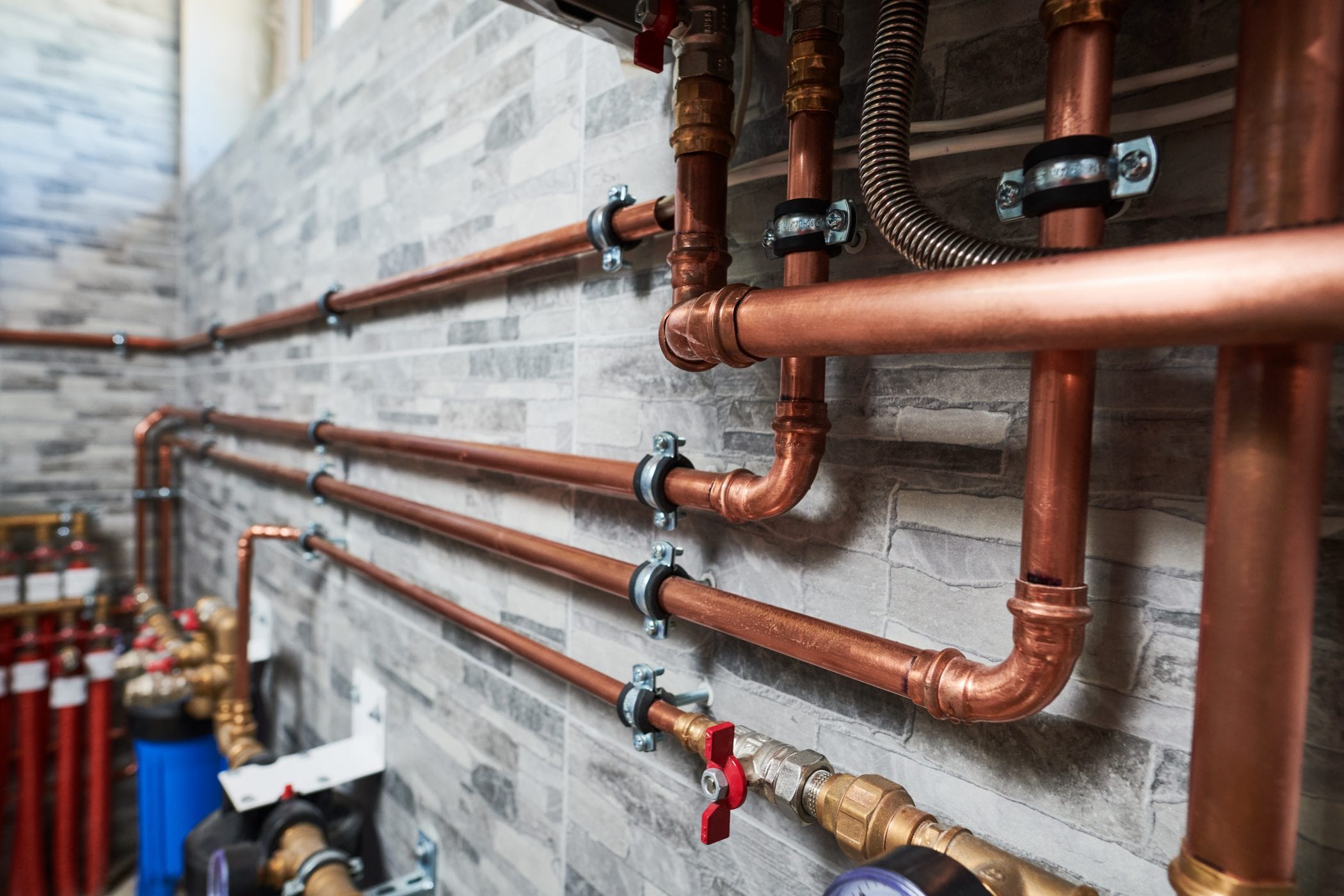
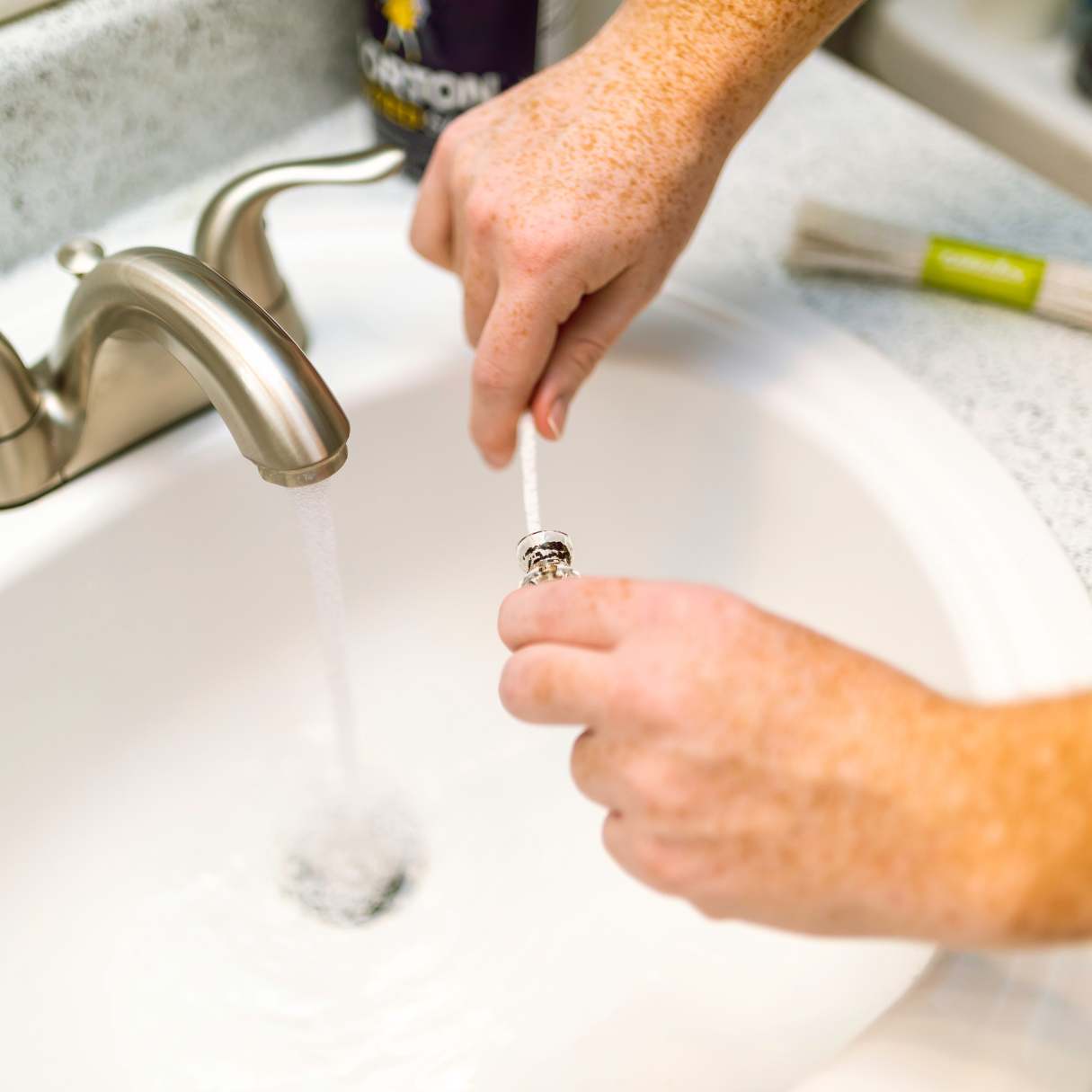
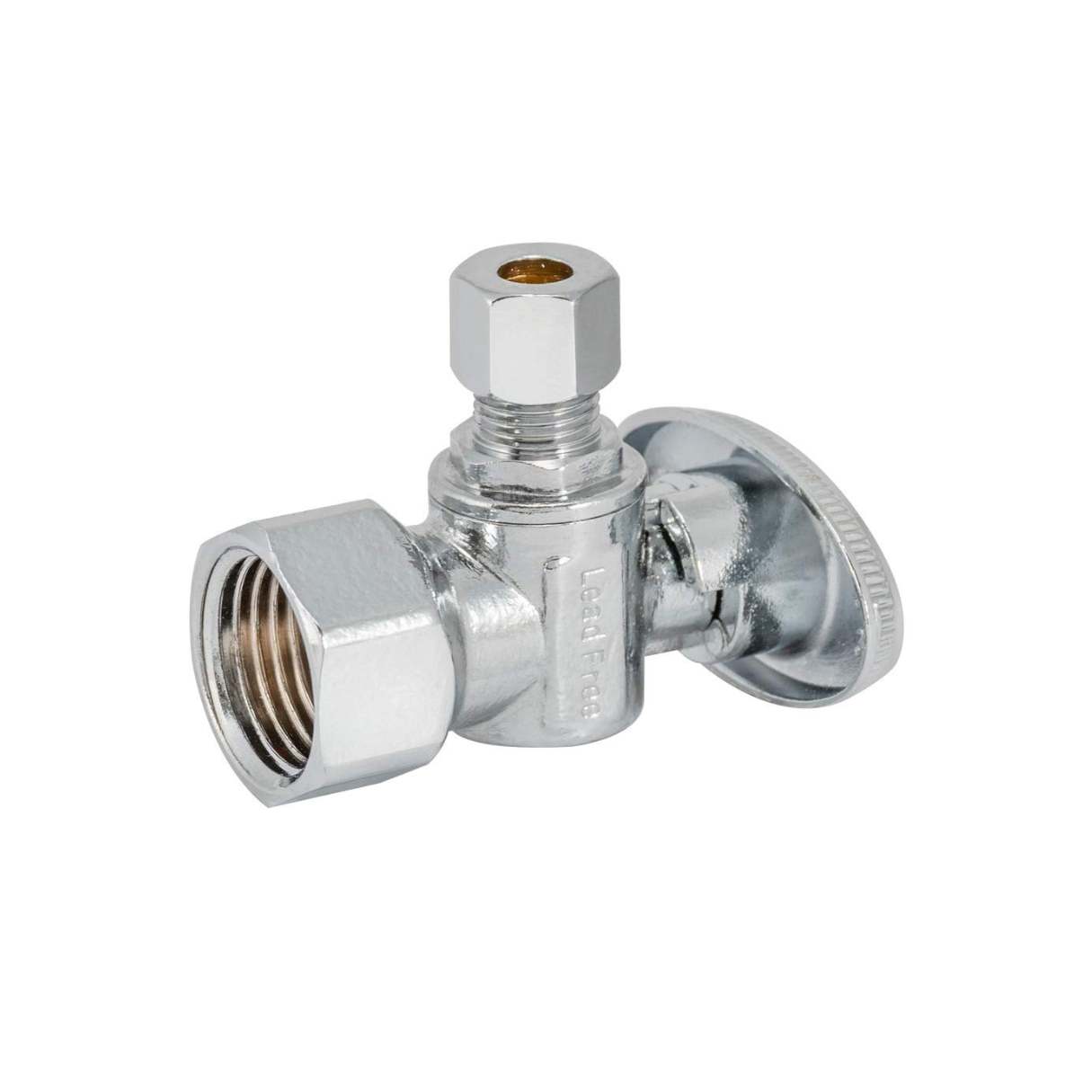
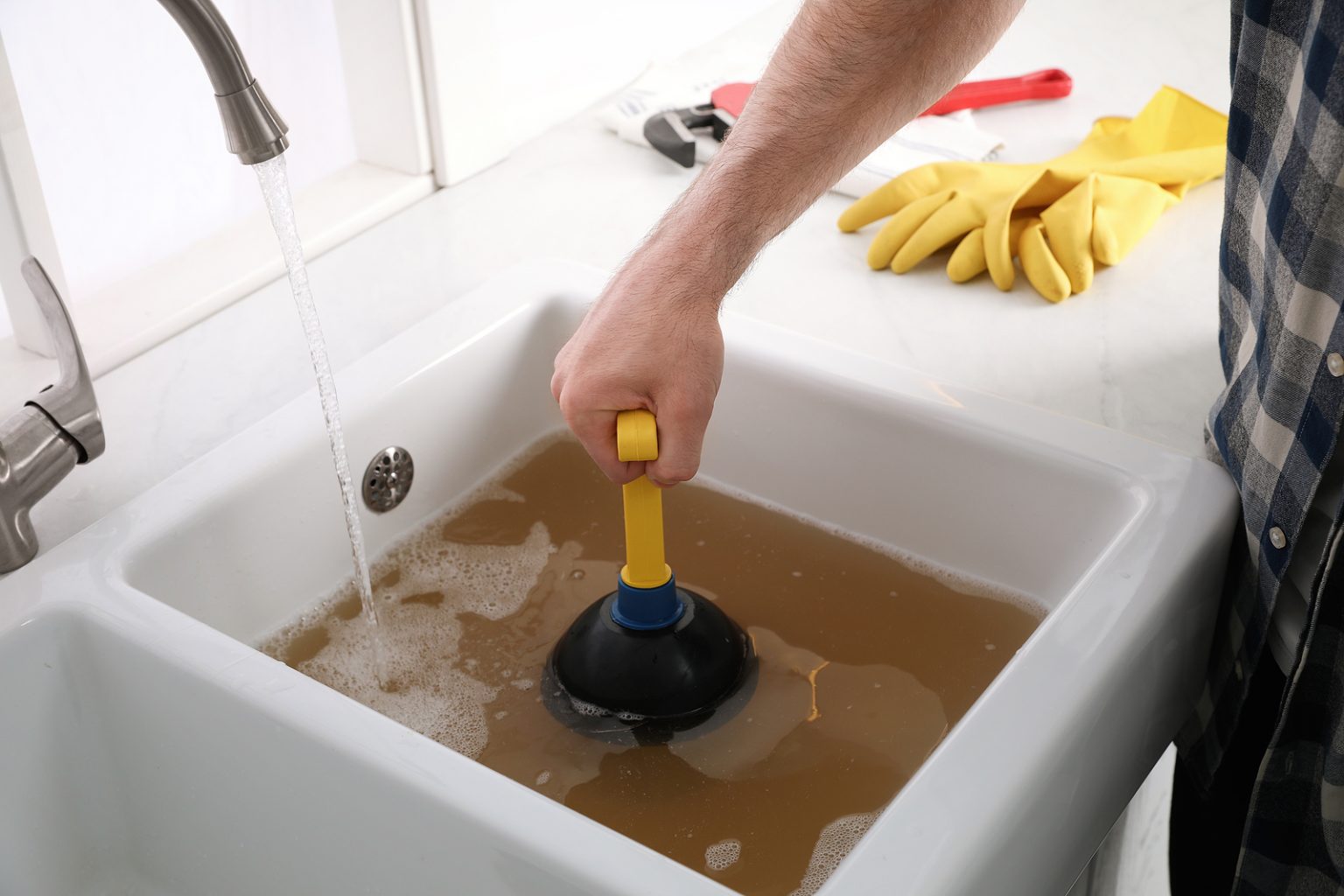
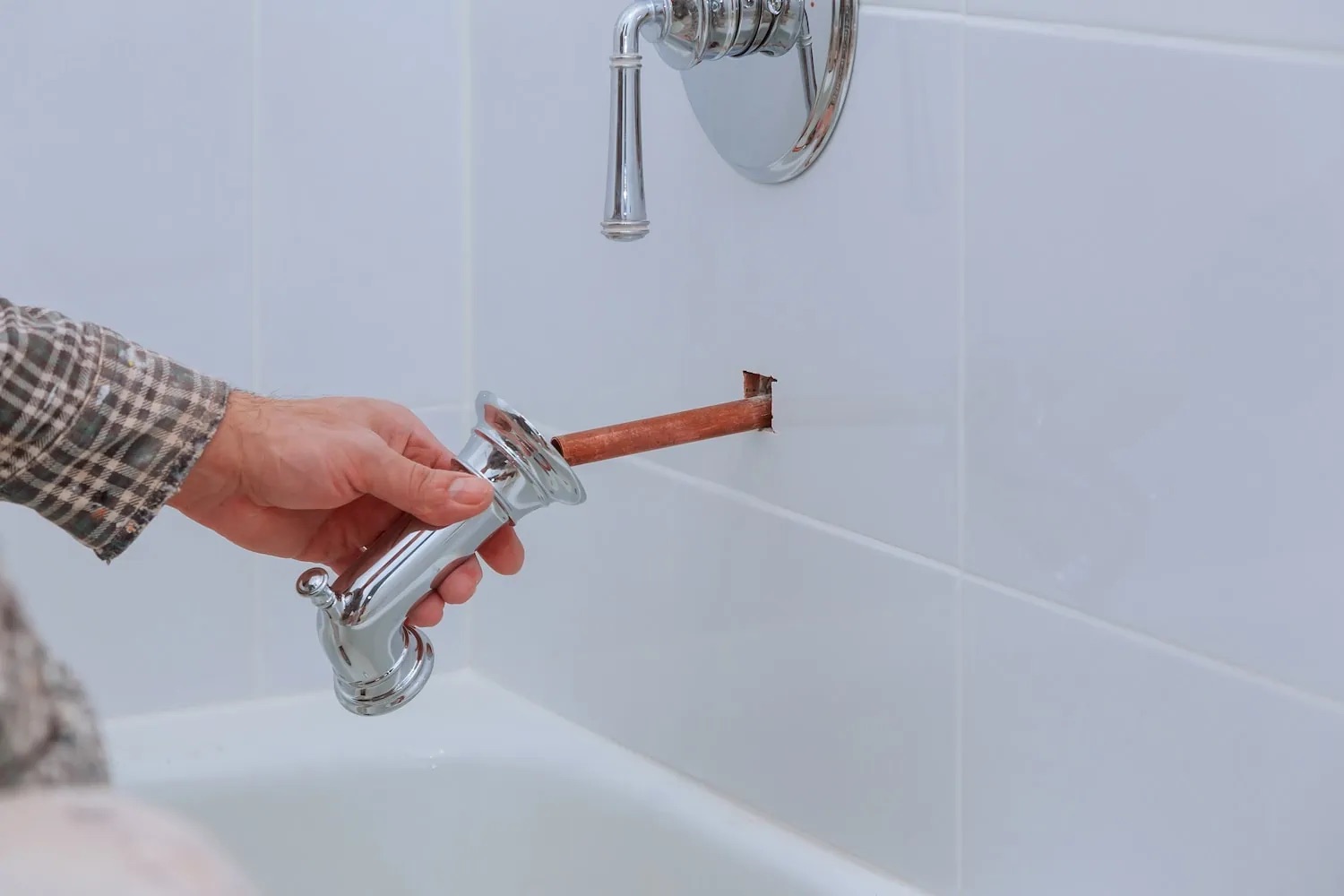
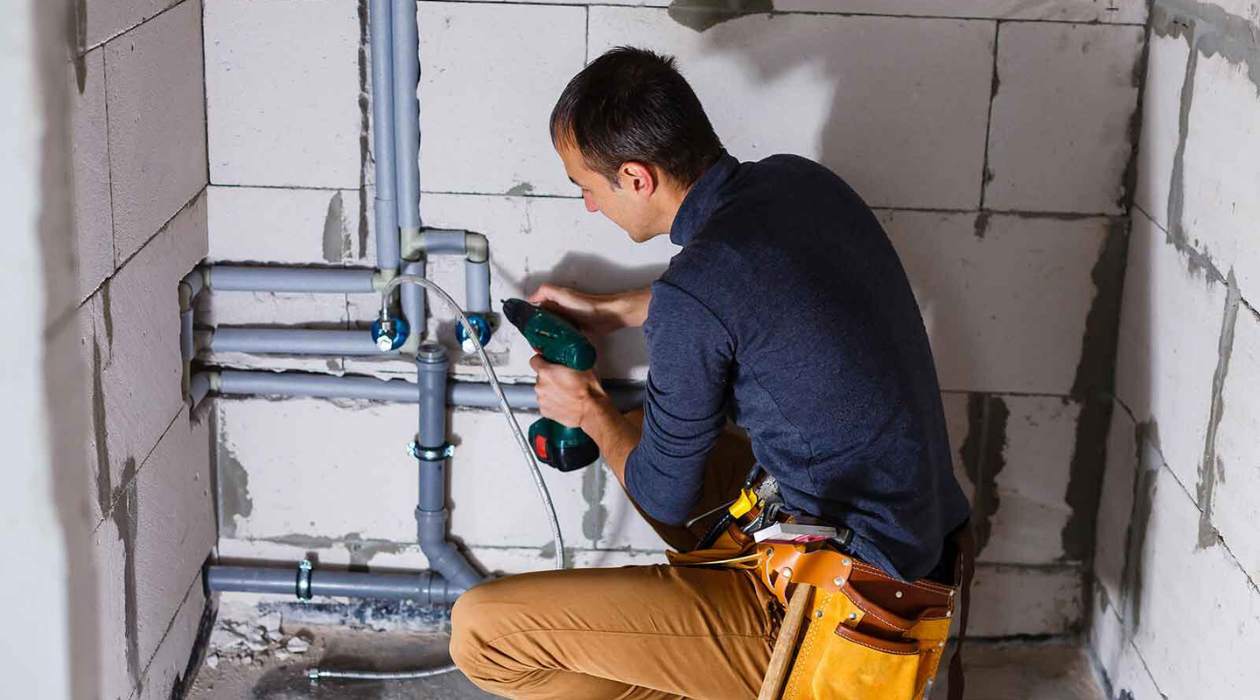
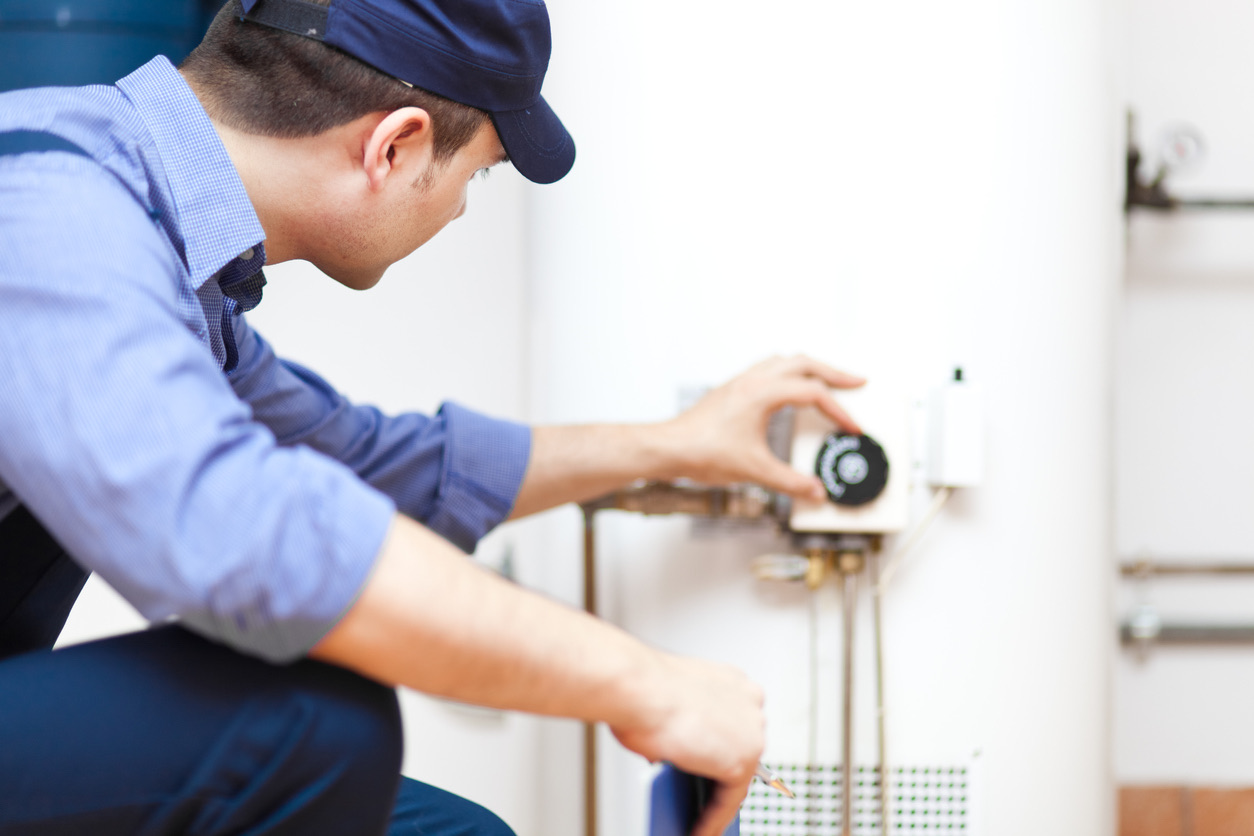
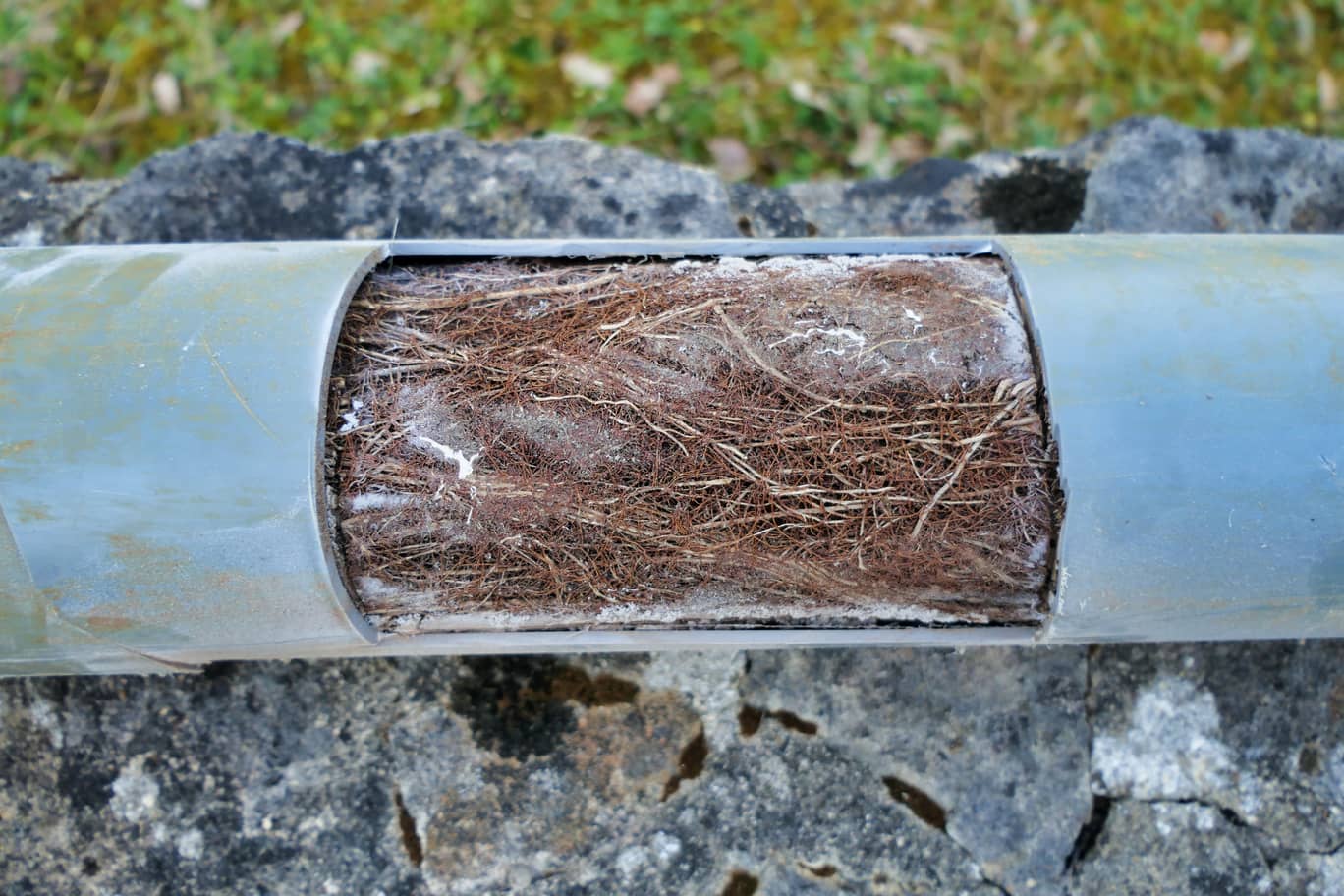
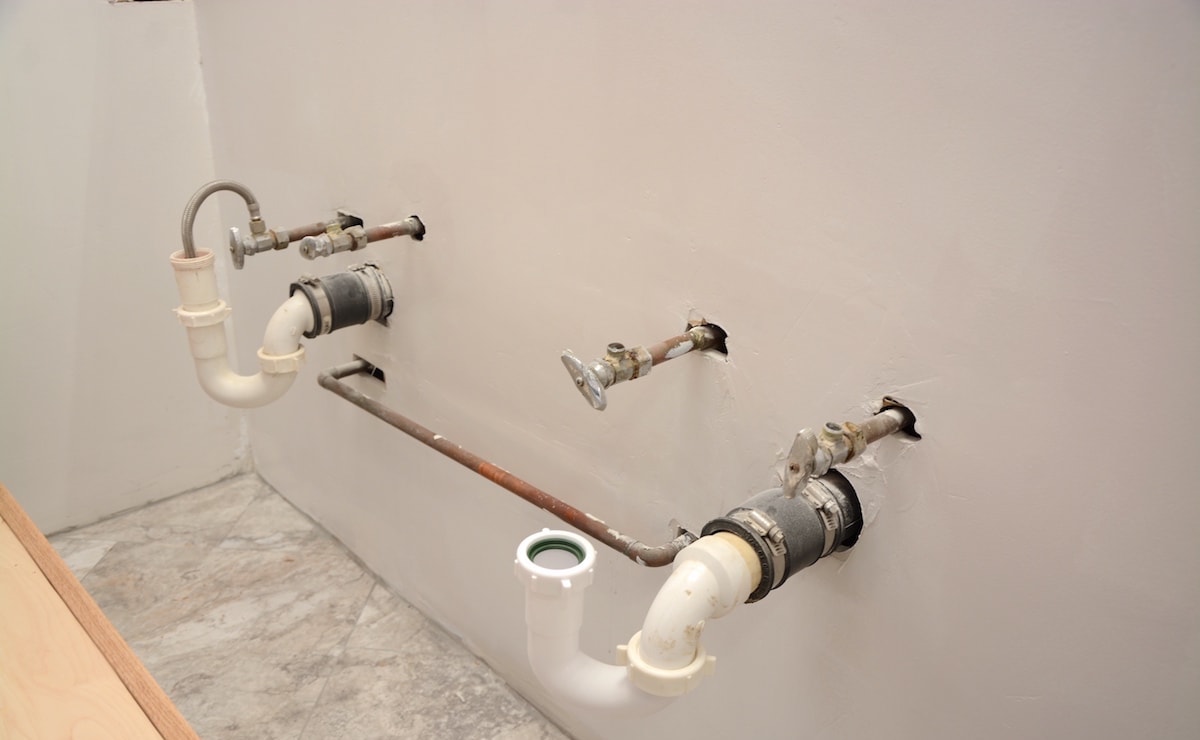
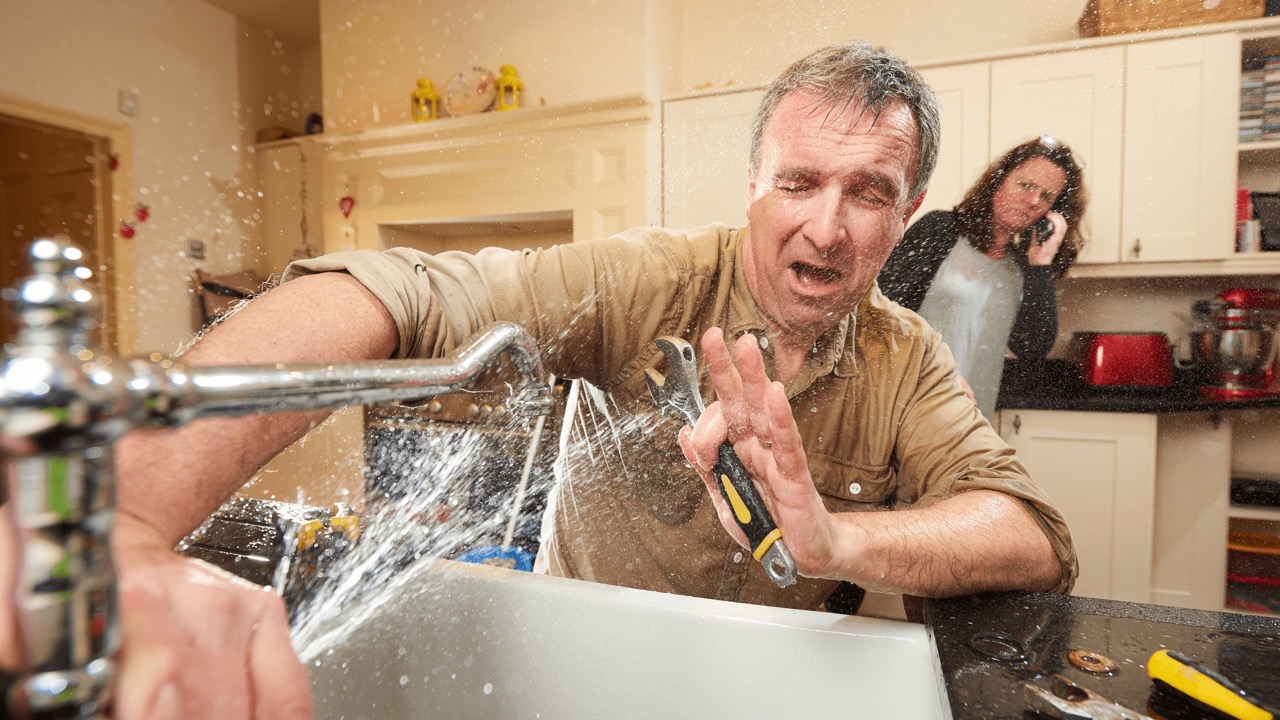
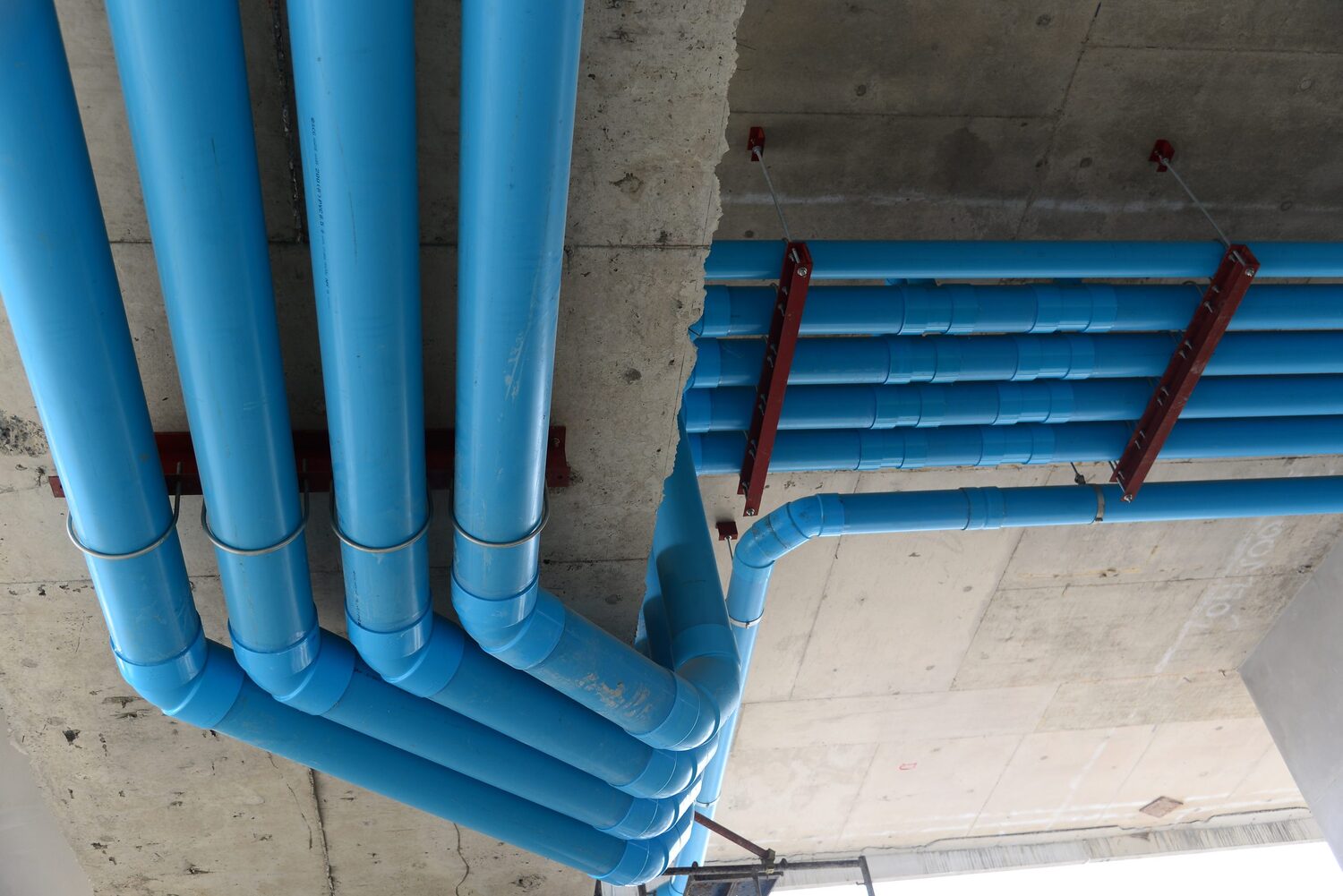
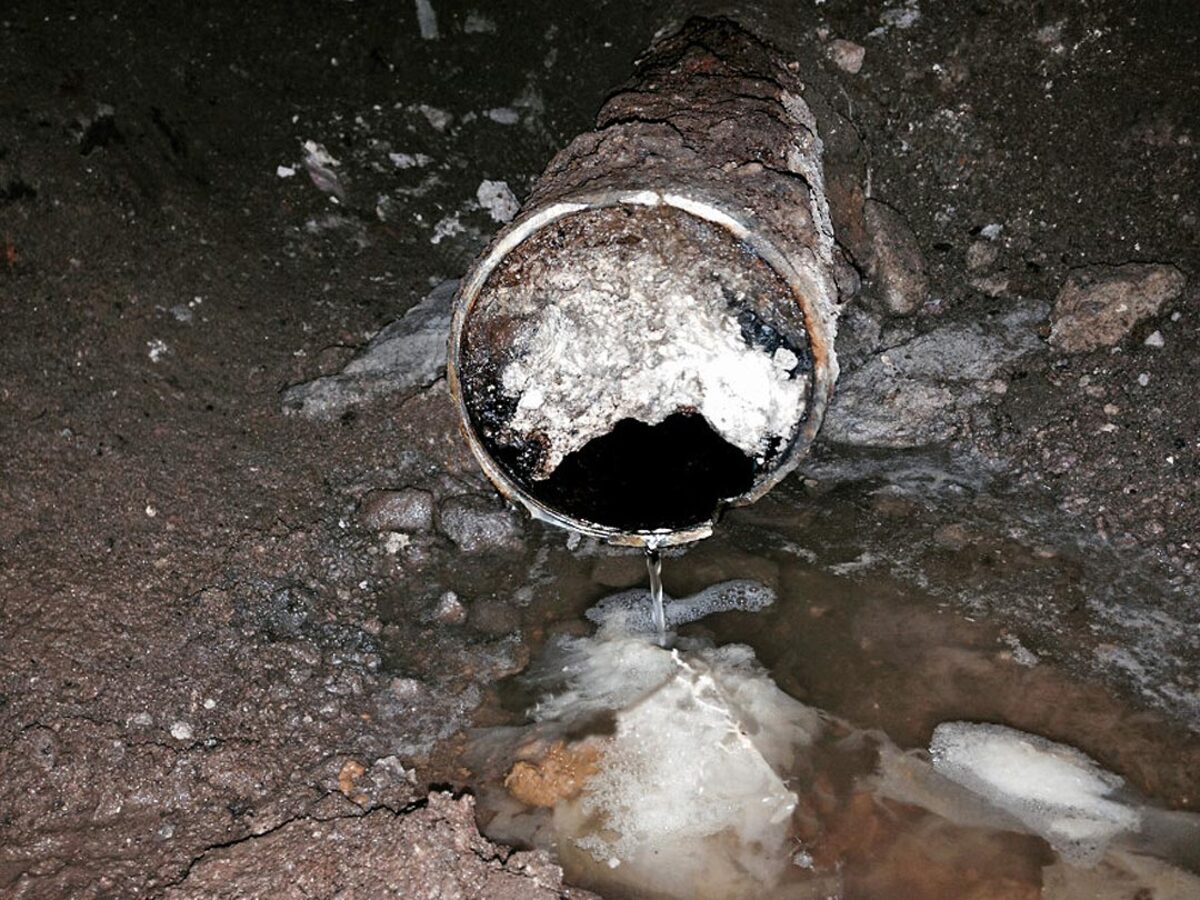
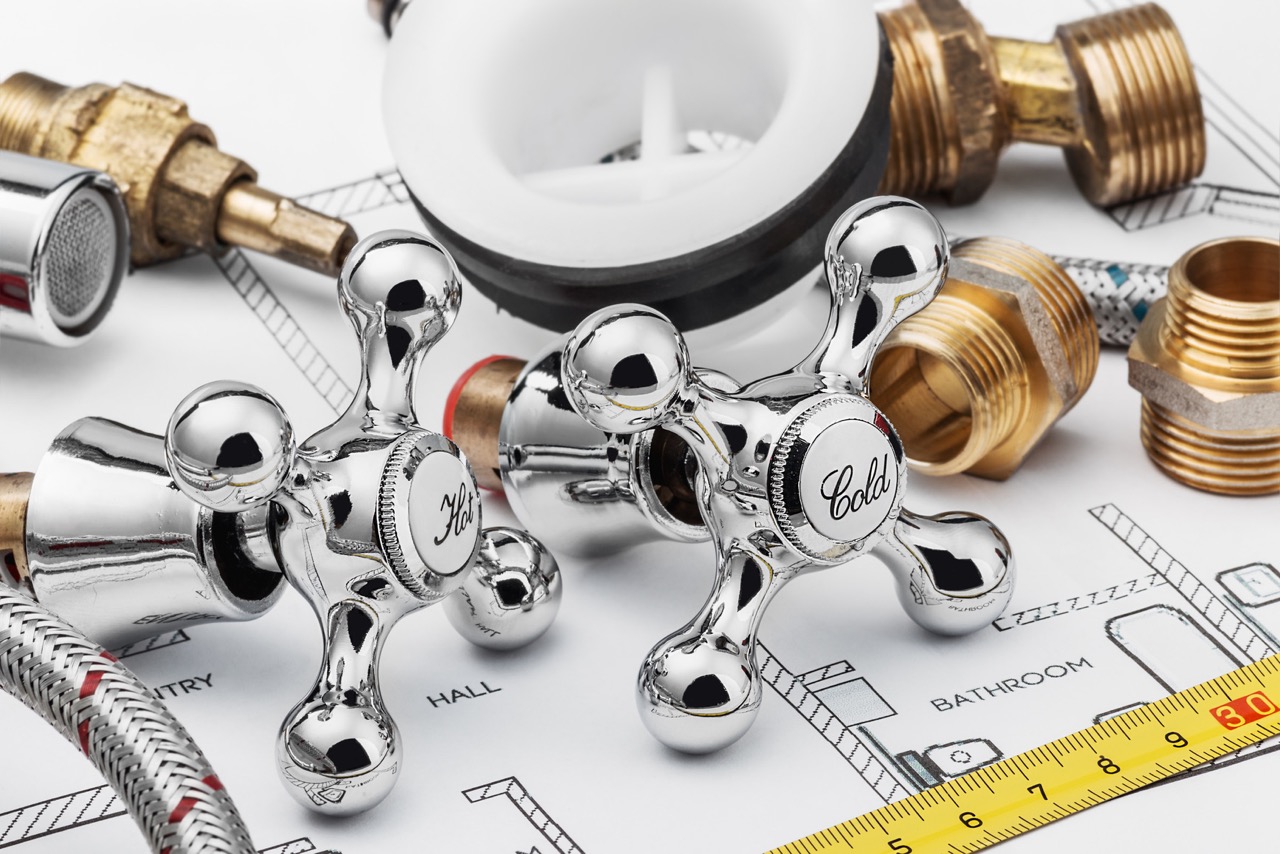
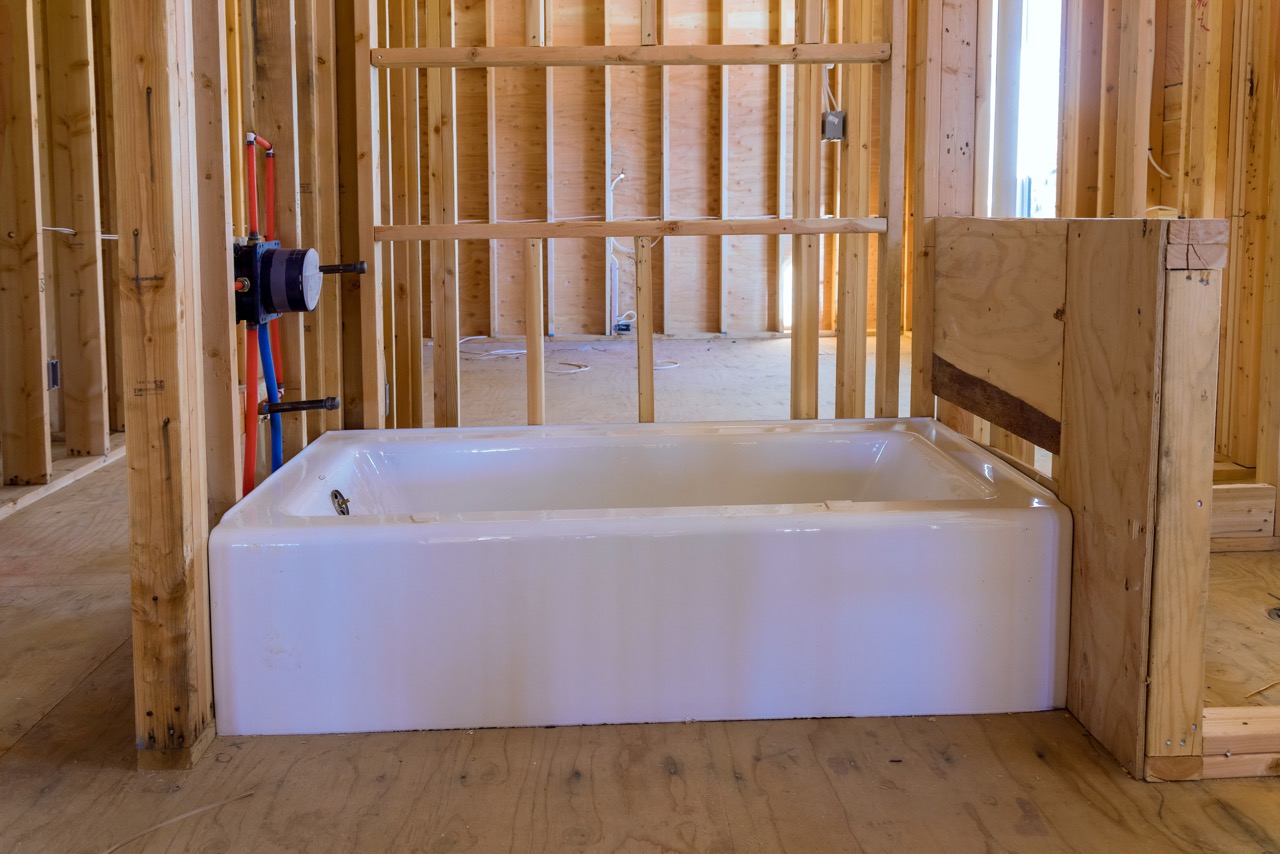

0 thoughts on “What Is A Plumbing Maintenance”